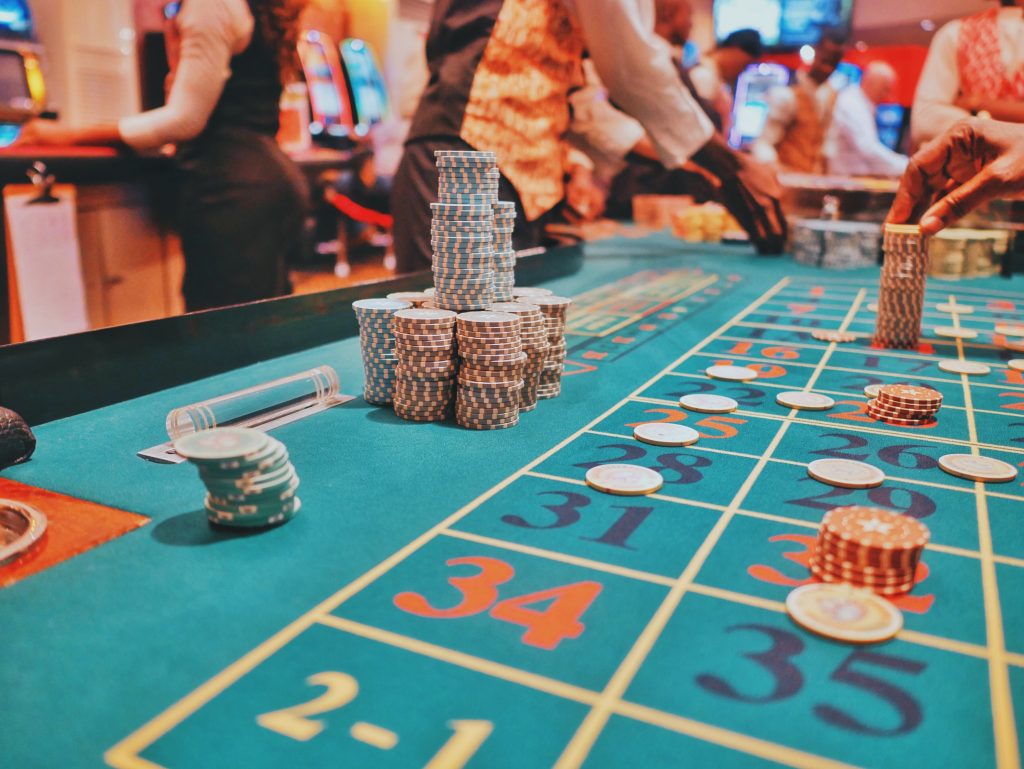Over the years, more and more people are watching poker on television.
The history of poker on TV begins in the 1970s when early World Series of Poker Main Event final tables began being showed on channels like ESPN and CBS. During the 1990s, Henry Orenstein introduced the lipstick camera, also know as the hole card cam; first used on Late Night Poker in the UK, the hole card cam really took off on an episode of the World Poker tour on the Travel Channel back in 2003. ESPN followed suit, bringing Chris Moneymaker’s Main Event victory into screens across homes, signalling the start of the poker boom.
The ability to see the hole cards as part of poker tournaments was revolutionary for poker as a form of TV entertainment. Fans could identify with players, and the decisions they made on hands; they could judge these decisions and debate with friends who were also watching. And they could learn — creating their own strategies and bringing this to real life games.
Then there’s the characters that are developed. Poker enthusiasts could get to know their players, and watch as storylines began to be formed, with fan-favourites like Scott Ngueyn, Phil Hellmuth and Tony G. Being able to tune in and get a real sense of who the pros were made professional poker players into stars.
Of course, the rise of poker in TV took on a new level with shows like Celebrity Poker Showdown. Hosted by actor Dave Foley and poker pro Phil Gordon, the Bravo channel series featured big names like Chevy Chase, Wanda Sykes, Ben Affleck, David Scwimmer, Rosario Dawson and more. This brought in a whole new audience as fans of celebrities would tune in to see their on-screen favourites play the game.
Then there’s the well established poker lovers — the ones that might already attend local tournaments or are looking their up their game; the TV showing of the World Series of Poker made it that much more accessible to people all around the globe creating new fans and reigniting a passion for the game for the long-term players.

Lessons learned
One of the biggest reasons why people watch poker (apart, of course, from the entertainment element) is to better their own game without risking their bankroll. Here are some of the top lessons that amateurs have learned over the years by watching poker on tv.
- The pros fold too
Novice poker players may think that holding on to terrible hands may somehow work out; after all, if you’re not playing there’s no chance to win and the idea of getting a big cash out on a bluff is appealing. But the pros know that betting too aggressively can only end badly, with a depleted bank roll and bruised ego to boot. It’s good to know when to stop, and by watching poker through a hole card cam you know the pros rely on this method too.
- Getting the lingo right
There’s a lot of terminology to get your head around in poker. Watching it on TV means you can learn from the pros and save yourself being confused around a real table. Some TV shows will explain to you all the terminology, which saves you having to look it up yourself and you can get familiar with the poker language from the comfort of your own home.
- Spotting a bad bluff
One of the ways you can learn from watching poker on TV is getting to grips with what a bad bluff looks like. Having a birds-eye view of a poker situation means you can see when someone is making a bluff on screen. Getting to know different tells can help you identify bluffs when you see them around an actual table. Everything from body language, tone of voice, gestures and more can be tells. And the pros can show you it all.
- Even the best players lose
No one likes to lose a game of poker. But it’s important to recognise that everyone does, sometimes. Even the best players in the world. Accepting the inevitability of losses means you’ll be more comfortable folding when the time is right, and can save your bankroll from getting too depleted (thereby ending your gameplay entirely). Loss is what makes the wins so exciting — and there’s no one that doesn’t lose once and a while, even the top players in the biggest tournaments out there.
- You need to calculate the odds
Poker on TV allows you to see the odds to win for each hand on the screen, based on the program’s knowledge of each card that has been dealt and the remaining cards. It’s a great teaching tool to learn the strength of different combinations in a hand. What seems like complicated math makes much more sense when you’re viewing it on the screen. And importantly, it’s a fun way to grasp how it all works.

